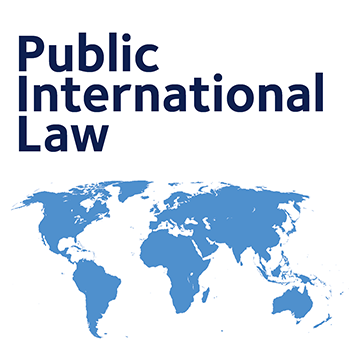Oxford Global Justice Internship report - Tamber Hilton Asylum Access Thailand 2015
As a legal advocate at Asylum Access Thailand, I work with refugees who are in the process of applying for refugee status before the UNHCR. Because Thailand is not a signatory to the 1951 Refugee Convention, its government does not process or protect applicants for refugee status. Rather, UNHCR assesses all applicants and negotiates durable solutions, such as resettlement or voluntary repatriation, where possible.
Meanwhile, all refugees and asylum seekers are considered under Thai law to be illegal immigrants. They have no right to work and are additionally subject to arbitrary arrest and detention. This means that refugees must endure a precarious, marginalized existence marked by deprivation and insecurity while they wait for a solution, which can take many years.
On a daily basis, I meet with clients seeking information about the UNHCR recognition and resettlement process, to help them make decisions about their cases and their futures. I provide them with information and advice, and assess them for vulnerabilities that might qualify them for full representation. Full representation usually includes spending at least a few days interviewing a client to produce a testimony, and sometimes drafting a legal brief in support of their application.
One of our key vulnerabilities is illiteracy. Illiterate refugees struggle more than others to self-advocate and push their claims forward, because they are unable to write the required statements and appeal testimonies, and cannot access written information that might help them better understand their rights and obligations.
For example, I am currently helping one illiterate young man who has been in Thailand for about four years. He was recognized by UNHCR and referred to the US for consideration for resettlement. However, lack of access to a qualified interpreter at two crucial junctures in his application likely contributed to his rejection by the US, and then undoubtedly led to a misunderstanding that caused him to miss a deadline to ask the US for reconsideration of his claim (known as a ‘Request for Review’ or RFR). Because he cannot read or write, I am working with him to write an RFR that will hopefully correct this injustice, and provide him with a second chance to be considered for US resettlement.
I am extraordinarily grateful for the funding from the Global Justice Programme that has helped make it possible for me to do this kind of work. Thank you very much for your kind support for refugee legal aid.


